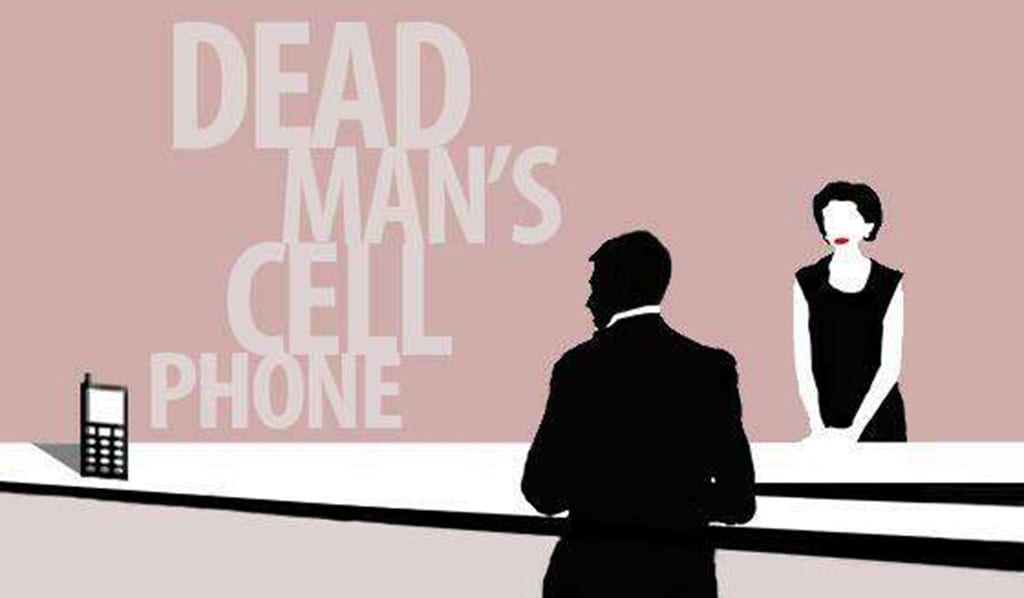It’s a good thing if an Edinburgh Fringe show immediately invites an audience in to the atmosphere of its opening scene. Even before the action starts I’m already experiencing Jean, the central female’s, frustration at the perpetually ringing cell phone from the table of the slumped man next door. I can’t say for sure where we are, however, as the pair are sat at what appears to be separate school desks and Jean appears to have recently finished a bowl of cereal. It’s not until the final scenes of the show that we discover she’s actually been fine dining on Lobster Bisque in a local bistro.
Sadly, the production values, or rather their inconsistency, are one of the elements that lets this otherwise natty piece down. From Mrs Gottleib’s amusing Barbara Windsor-esque wig to empty glasses of water being drunk, it unfortunately gives a whiff of the amateur in its presentation. Now, I know it is a student fringe production, so to a certain extent the aesthetics need overlooking; the problem is that it unconsciously yet conspicuously clashes with quite sophisticated writing and characterisation, both of which are directed with a facetious flair.
Also whilst the dialogue is rich, the staging takes some time to visually enliven a rather convoluted plot. Having discovered Gordon’s lifeless body, Jean adopts his phone and gets drawn into the lives of his family, starting to weave her own myths around his life and final moments, eventually ending up in a spiritual pipeline – some sort of purgatory – with the dead man himself. It’s an interesting concept, and certainly leaves room for an absurdist interpretation, but it’s not until the second half that more dynamic theatricals are used. And I’m not convinced that the problem Gordon’s phone creates is the axis from which the story spins out; the comments in the text about technologies potentially isolating human connection feel a little imposed.
However, the acting more than makes up for the small budget and narrative flaws. The playful disjunct between the contemporary setting and dated costumes, alongside some wonderful characterisation, has a charm similar to a Wes Anderson film. Absurd wig aside, Jordana Belaiche is adorable with her New Jersey drawl, if a little overplayed in moments. Karan Gill, as the less charismatic brother of the dead man, and Miranda Evans, as the depressed widow, hit the maturity and depth their parts require to shine.
Dead Man’s Cell Phone is certainly entertaining, even if the message and visuals aren’t quite clear. With a cast this strong, I’ve no doubt the future looks bright for the company.

